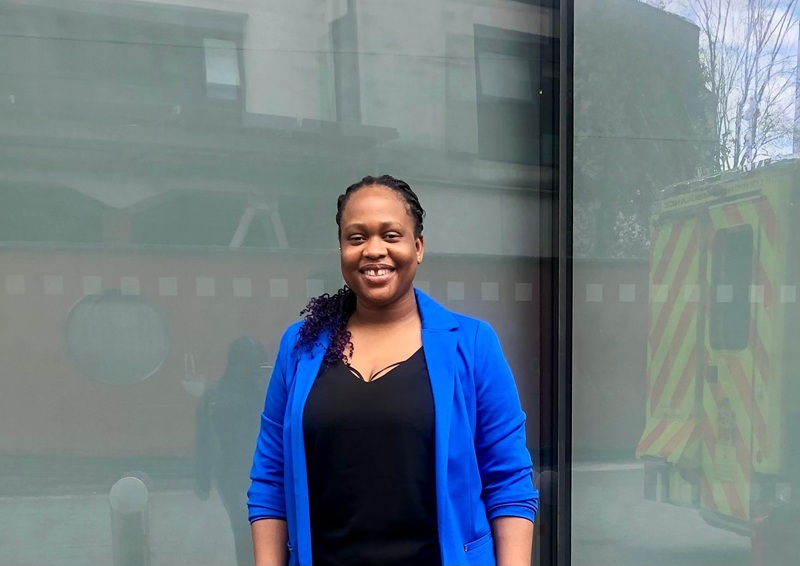In the high-stakes world of Nigerian fintech, venture capital often follows a predictable script: build a sleek, data-heavy mobile application aimed at the digitally native, urban millennial. It’s a strategy that has spawned unicorns but has also created a digital chasm, leaving one of the country’s most reliable consumer bases and its public sector workforce largely untapped.
While others chase the app economy, fintech firm Wave is executing a quiet but powerful counter-strategy. At the heart of this manoeuvre is Omon Eni, a Product Manager whose work is a masterclass in pragmatic innovation. She is leading the charge to bank the unbanked and underbanked civil servants, not with complex algorithms, but with a technology many dismissed as archaic: USSD.
“The market failure was obvious,” Eni stated in a recent interview, speaking with the measured precision of an engineer. “You have a segment with predictable income and a clear need for credit, yet they are almost entirely excluded from formal lending channels. The problem wasn’t their creditworthiness; it was the delivery mechanism. The industry built products for itself, not for the realities of a 55-year-old teacher in a semi-urban area.”
This insight became the cornerstone of Wave’s product strategy. Recognising that low smartphone penetration and prohibitive data costs were insurmountable barriers for many, Eni championed the development of a USSD-based lending platform. This low-code solution, accessible by dialling a simple string of characters on any mobile phone, effectively bypasses the internet, the app store, and the need for digital fluency. It’s a move that has allowed Wave to tap into a market its app-focused competitors cannot reach.
The results validate the strategy. In just six months, Wave’s platform has processed over ₦100 million in transactions, serving a rapidly growing user base of over 12,000 active customers. Many of these users are engaging with a formal financial product for the very first time, a significant milestone in a country where financial inclusion remains a critical economic goal.
Oluwatimilehin, Wave’s CEO, emphasises that this traction is a direct result of Eni’s product leadership. “Product management isn’t just about shipping features; it’s about solving a core business problem. Omon’s methodology is rooted in deep-seated user empathy, but it’s executed with rigorous commercial and technical discipline,” he noted. “She will spend days in the field with our agent networks, gathering qualitative data, and then return to translate those human insights into a prioritised backlog that the engineering team can execute flawlessly. It’s that bridge between human-centred design and technical delivery where she excels.”
Her influence is felt across the company’s product architecture, particularly in her push for robust offline capabilities. Tobi, a product designer on her team, remarked, “Omon’s design philosophy is built around resilience. She challenges us to build systems that assume failure—poor network, low battery, user error. It forces a level of simplicity and robustness into the product that ultimately creates a more trustworthy user experience.”
As Wave eyes regional expansion, its USSD-first model serves as a powerful playbook for other emerging markets. Omon Eni’s work is a potent reminder that in the complex ecosystem of African fintech, sustainable growth may not come from the most advanced technology, but from the most accessible. She hasn’t just built a product; she’s engineered an access ramp.





